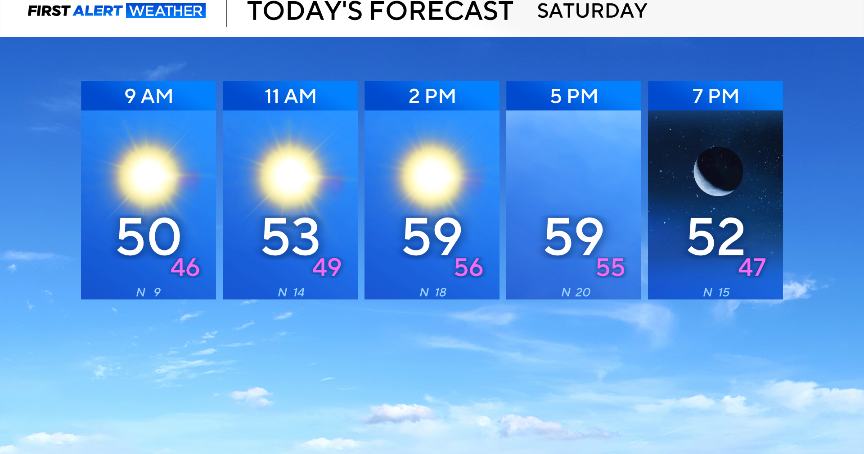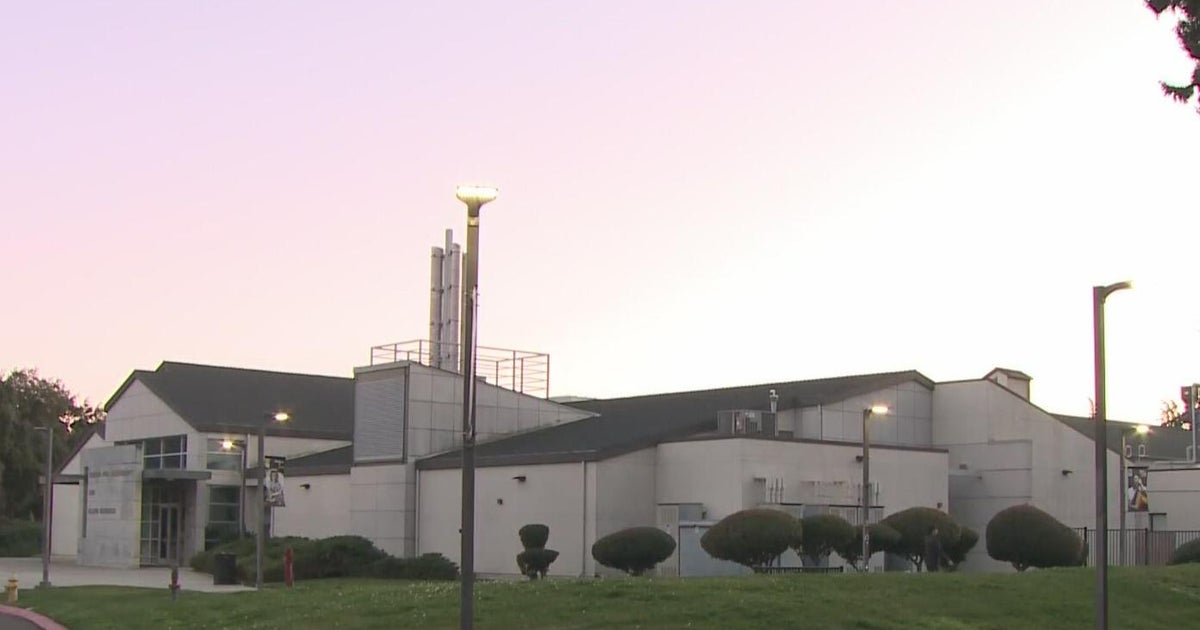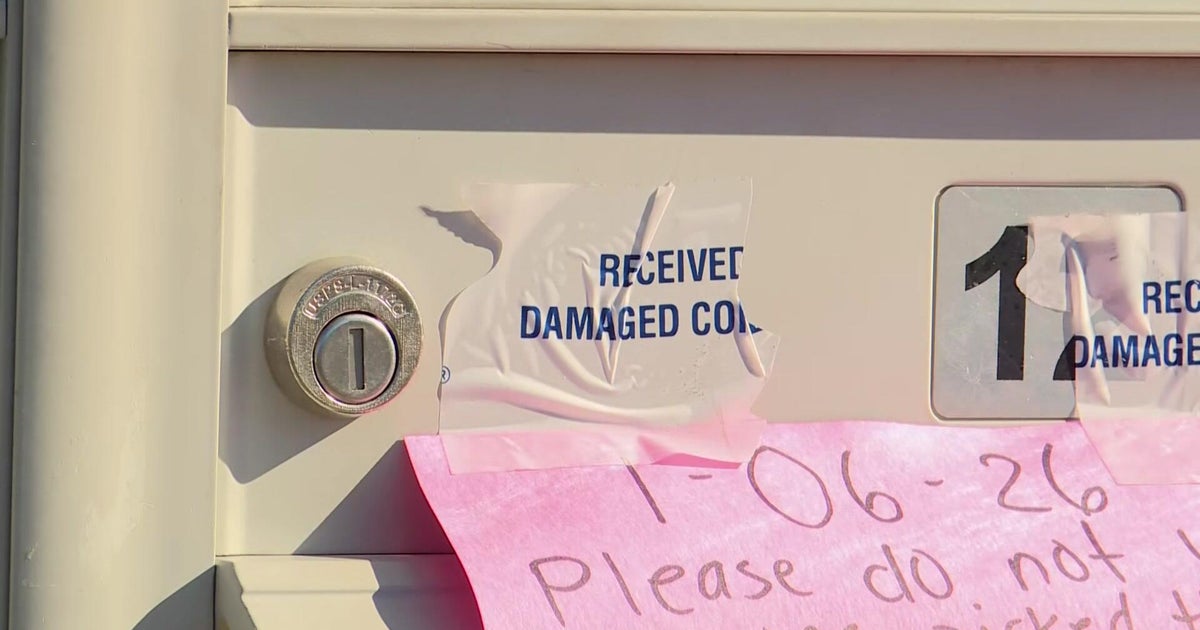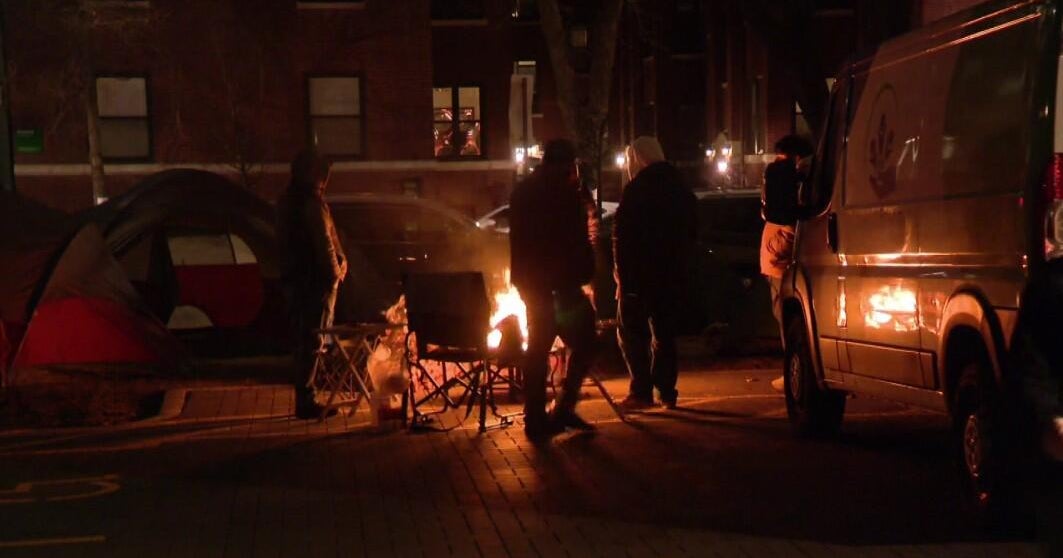US Heat Wave Scorching Texas, The Midwest And Northeast
DETROIT (CBSDFW.COM/AP) — The heat wave that has been roasting Texas and much of the U.S. in recent days is just getting warmed up, with temperatures expected to soar through the weekend.
In North Texas high temperatures have been hovering around 100 degrees for days, with heat indexes topping out around 105 degrees. The weekend forecast holds much of the same, with temperatures in the upper 90s.
Communities are preparing by offering buildings as cooling centers and asking residents to check in on relatives and neighbors. Officials also are concerned about smog, which is exacerbated by the heat and makes it more difficult for certain people to breathe, including the very young, the elderly and people with asthma or lung diseases.
More than 100 local heat records are expected to fall Saturday, according to the National Weather Service. Most won't be record-daily highs but record-high nighttime lows, and that lack of cooling can be dangerous, meteorologists say. Temperatures in parts of the East won't drop below the mid- to upper-70s or even 80 degrees at night, he said.
The heat wave will likely be "short and searing," said Greg Carbin, forecast branch chief for the weather service's Weather Prediction Center.
A high pressure system stretching from coast-to-coast is keeping the heat turned on. The heat and humidity are made to feel worse by the large amount of moisture in the air coming from the Gulf of Mexico, much of it left over from Hurricane Barry.
The heat index, which is what the temperature feels like, should hit 110 in Washington, D.C., on Saturday and 109 in Chicago and Detroit on Friday, said Jeff Masters, meteorology director of Weather Underground.
An experimental weather service forecast projects that nearly 100 local records will be broken Thursday and Friday in Texas, Oklahoma, parts of the Midwest and a large swath of the East Coast. On Saturday, 101 records could fall in an area stretching from Texas to Iowa and east to Maine and Florida, according to projections.
The Environmental Protection Agency's live air quality tracker reported that the air was "unhealthy" Wednesday for sensitive groups in a stretch of the East Coast from Baltimore to Bridgeport, Connecticut, including Philadelphia and New York City.
Such heat can be deadly. Over three days in July 1995, more than 700 people died during a heat wave in Chicago as temperatures rose above 97 degrees. Many of the dead were poor, elderly and lived alone.
"Daytime hours when the sun is out is clearly our highest risk periods," said Dr. Michael Kaufmann, EMS medical director with the Indiana Department of Homeland Security. "We're not expecting the drops in temperature at night — or the humidity — that we often realize when the sun goes down."
Kelly Boeckman, 31, and Taylor Knoll, 28, met Wednesday morning — when the heat was still bearable — to chat at a patio table in downtown Jefferson City, Missouri. Both have young children and said they are careful to keep them hydrated and protected from the heat.
"We definitely aren't doing outside activities for the afternoon and evening, even though they want to sometimes," said Boeckman, who has 6-year-old twins and a 3 year old. They're "playing early, (getting) lots of water and hydration, (and) staying in the shade when we are outside."
Steve Owen, a 54-year-old bus driver from Roeland Park, Kansas, dumped water on his head to stay cool Wednesday while waiting to pick up a day care group from the local pool.
"I'm usually revived and feeling much better," he said after drenching himself. "That usually gets me through."
The heat also can take a toll on pets and other animals. Officials at the Brookfield Zoo near Chicago have spent the past few days preparing.
Blocks of ice weighing about 300 pounds were being trucked in for the polar and grizzly bears, and the zoo planned to give ice cubes to the reindeer. Additional animals were being given access to indoor quarters starting Thursday.
(© Copyright 2019 CBS Broadcasting Inc. All Rights Reserved. The Associated Press contributed to this report.)







